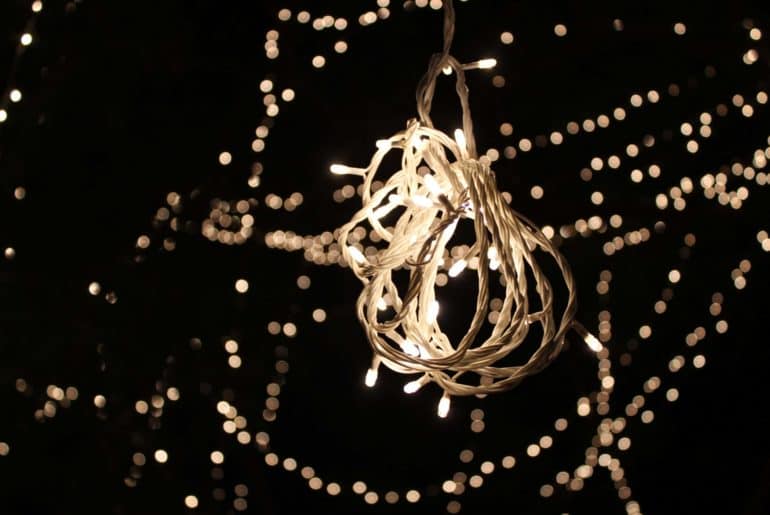It is well known that its hard to be an atheist in a country like India, where 99.76% of people have strong religious identities and beliefs. These hardships increase tenfold during- you guessed it- festive holidays.
In a very informal study of those in my immediate friend circle, I realised that people who don’t necessarily believe in God, or are not even fully aware of the story of Ramayana – basically moderate or soft atheists, still enjoy Diwali. For all Indians, Diwali is more than a religious holiday, it provides motivation to clean your dwellings, a reason get dressed in traditional clothes (no matter how uncomfortable and restraining) and an excuse to laze around and play cards with your near and dear ones. Moderate atheists are usually seen having the best time, cooperating with most of the traditions, albeit with sly remarks about how compulsive their parents are.
Sure, it seems harmless so far. But for a devout atheist, things are a little different. Diwali seems synonymous to coercion and hypocrisy. This year I stood first hand witness to people burning crackers while wearing anti pollution face masks, my family members dancing to the most demeaning of Bollywood item numbers, and being told from at least four different sources to, “Smile more, beta”.
And I’m sure its the same story everywhere. Your average Diwali starts with you being forced to sit in a pooja, meeting people you haven’t seen since last years Diwali, and being expected to spend exorbitant amounts of money on things that are really unnecessary. Any rational person may still find indulging and complying with your family a fair trade off, given how much they do for you. And that does sound fair.
But living in the world of #metoo, sensitisation and libertarianism, festivals manifest themselves into culture wars. Even a two-day period of compliance with religious hypocrisy becomes a source of moral panic. For the first time in history, the moralizers are young people, and not their parents. Each time I am forced to dance to a Yo Yo Honey Singh song or waste food as offerings to idols, I spiral into existentialism and despair. I feel troubled because I think wastefulness in the name of religion is wrong. And I’d rather protest than be a silent onlooker (even if that protesting is limited to declining party invitations, not lighting lamps or eating Diwali sweets).
Because at the end of the day, the representation my generation has fought for is more important to me than family values. It can be said that I’m evaluating culture for it’s moral correctness more than for it’s sentiment. But that’s a sacrifice I’m willing to make as a devout atheist.
So long, a Not So Happy Diwali.
Feature Image Credits – Surabhi Khare for DU Beat.
Nikita Bhatia





Comments are closed.